Imagine settling down where every day is an unplanned adventure.
These West Virginia towns promise to keep retirees on their toes, for better or for worse.
Forget peaceful retirement, here you’ll learn to dodge potholes, battle nature, and maybe even wrestle with the local wildlife.
Ready for a retirement that’s more Bear Grylls than beach chair? Read on!
1. Bluefield, West Virginia
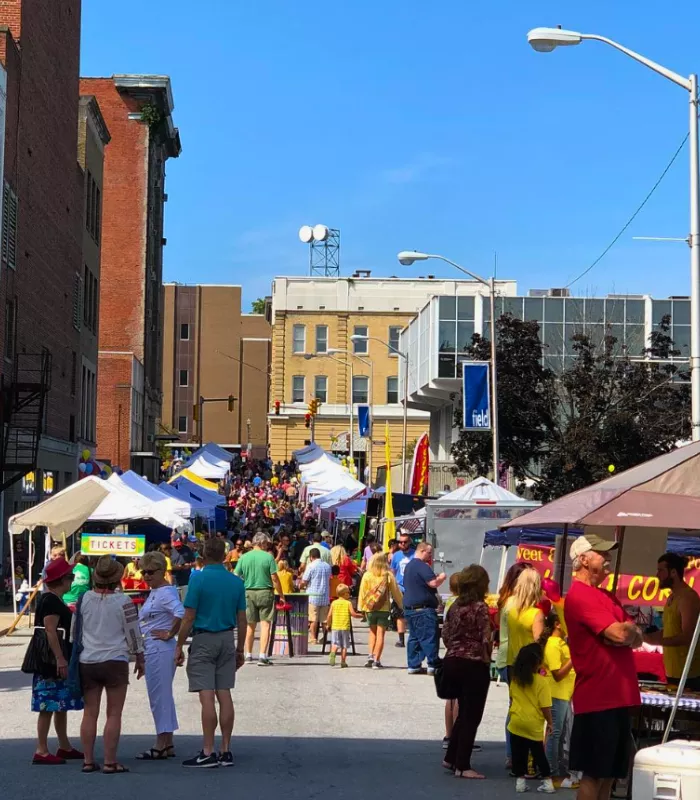
Bluefield is known as the gateway to the southern coalfields. It has a rich history linked to the coal mining industry. The town experiences significant temperature fluctuations, which can be challenging for retirees.
The cost of living is low, but healthcare options are limited. Bluefield has seen a decline in population, which affects community services and amenities.
Many homes in Bluefield are old and may require extensive maintenance, adding to the cost of living for retirees on a fixed income.
Why it’s not ideal for retirees: The fluctuating climate and declining population make it less desirable for retirement.
2. Wheeling, West Virginia
Once a booming industrial hub, Wheeling struggles with post-industrial decline. It is located along the Ohio River, which provides beautiful views but also issues with flooding.
The town has a high property tax rate which can be a burden for retirees. Social activities for seniors are limited, reducing opportunities for community engagement.
Wheeling’s healthcare facilities are stretched thin, with long wait times and limited specialist care.
Why it’s not ideal for retirees: High property taxes and limited healthcare resources place it on this list.
3. Huntington, West Virginia
Huntington has faced economic challenges due to the decline in the manufacturing sector. It is home to Marshall University, which keeps the town lively but can also lead to a noisy environment.
The crime rate in Huntington is higher than the national average, which is a concern for retirees seeking a safe, peaceful community.
Public transportation options are limited, making it difficult for those who no longer drive to get around.
Why it’s not ideal for retirees: The high crime rate and lack of quiet make it unsuitable for retirees.
4. Beckley, West Virginia
Beckley sits in the heart of coal country and experiences economic fluctuations tied to the industry. It has a rugged terrain, which can be difficult to navigate, especially in winter.
The town lacks cultural and recreational activities that are appealing to retirees. It also has limited dining and shopping options, which can affect quality of life.
Healthcare services in Beckley are not as developed as in larger cities, posing a challenge for those with health issues.
Why it’s not ideal for retirees: The rugged terrain and lack of amenities are major drawbacks.
5. Charleston, West Virginia
As the state capital, Charleston offers some amenities, but it also faces issues like urban sprawl and traffic congestion. The city has seen better days with many areas showing signs of neglect.
Charleston’s air quality is poor, which can be a health concern for retirees with respiratory issues.
The public services are overstretched, and the city has a high cost of living compared to other towns in the state.
Why it’s not ideal for retirees: Poor air quality and high living costs make it less appealing for retirees.
6. Fairmont, West Virginia
Fairmont, known for its picturesque landscapes, also has severe weather conditions that can be a challenge. The town’s economy is not as robust, with fewer job opportunities affecting local services and amenities.
The healthcare facilities in Fairmont are inadequate for the aging population, with most seniors needing to travel to larger cities for medical care.
Despite its beauty, Fairmont has a limited social scene for retirees, which can lead to feelings of isolation.
Why it’s not ideal for retirees: Severe weather and inadequate healthcare facilities are significant issues.
7. South Charleston, West Virginia
South Charleston is heavily industrial, which affects the environment and living conditions. The town has frequent industrial emissions, which impact air quality.
The cost of housing is relatively high, making it a less economical choice for retirees on a budget.
Although it offers some amenities, the industrial nature of the town makes it less desirable for those looking for a peaceful retirement.
Why it’s not ideal for retirees: Poor air quality and high housing costs are deterrents for retirees.
8. Dunbar, West Virginia

Dunbar is a small town with a close-knit community but limited in terms of healthcare and amenities. The town has a high percentage of older buildings, which may require significant upkeep.
The public transportation system is underdeveloped, making it hard for retirees without personal vehicles to be mobile.
Recreational activities and social opportunities for seniors are minimal, which could lead to a less active lifestyle.
Why it’s not ideal for retirees: Lack of healthcare and amenities makes it less suitable for retirement living.
9. Morgantown, West Virginia
Morgantown is home to West Virginia University, which provides a vibrant atmosphere but can also mean congested areas and a bustling environment. This might not be appealing to those seeking a quiet retirement.
The cost of living in Morgantown is higher due to the university influence, affecting housing and daily living costs.
While it has good healthcare facilities, the constant influx of students and events might detract from the peaceful retirement experience.
Why it’s not ideal for retirees: While Morgantown has WVU hospitals and more amenities than many other areas of the state, its overall crime rate is higher than the national average, with a notable uptick in murders reported annually. Access to certain medical specialists might still be difficult or require travel outside the state
10. Clarksburg, West Virginia
Clarksburg has historical significance but struggles with modern challenges like declining population and infrastructure. The town has limited economic opportunities, which can affect local services and quality of life.
The crime rate is higher than average, and public spaces are often undermaintained. This can affect the sense of safety and community for retirees.
Healthcare options are sparse, and those with specific medical needs might find it lacking.
Why it’s not ideal for retirees: High crime rates and lack of adequate healthcare make it a less favorable choice for retirees. While it has a VA hospital which is beneficial for veterans, amenities are less extensive than larger metro areas. Locals describe it as “crime riddled”.
11. St. Albans, West Virginia
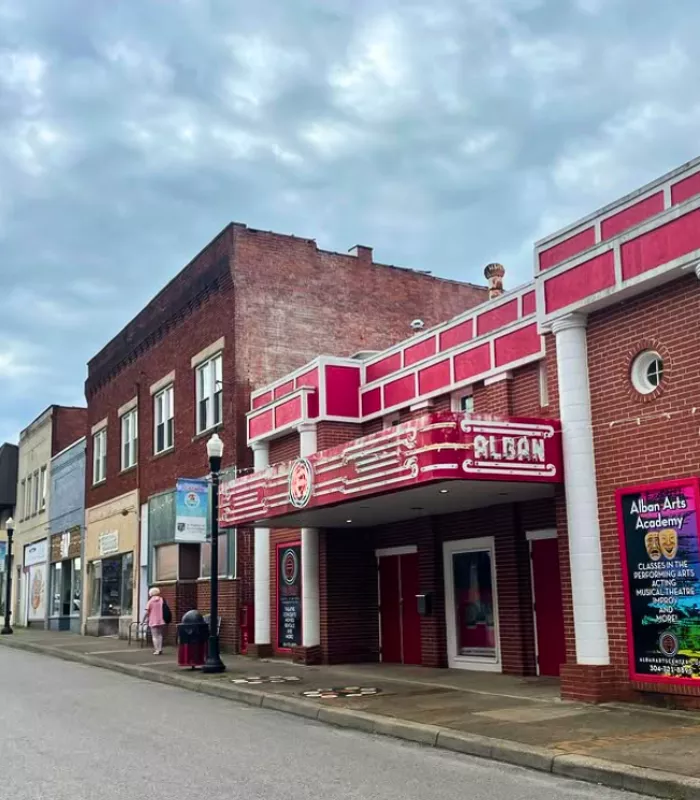
St. Albans is located near the Kanawha River, which offers scenic views but also presents flood risks. The town has a slower pace of life, which might appeal to some but can feel too isolated for others.
Local amenities such as shopping and dining are limited, which may deter retirees looking for convenience and variety. The healthcare services are also minimal, often requiring travel to nearby cities for better care.
Recreational facilities for seniors are sparse, contributing to a less engaging retirement life.
Why it’s not ideal for retirees: The risk of flooding and lack of local amenities and healthcare services make it a challenging place for retirees.
12. Parkersburg, West Virginia
Parkersburg faces economic difficulties and has one of the higher crime rates in the state. The town has struggled to attract new businesses, which impacts the local economy and services.
While it sits along the Ohio River, offering beautiful riverfront views, the industrial activity nearby can detract from the quality of life.
The healthcare system is overburdened, and seniors may find it difficult to access specialized care without significant wait times.
Why it’s not ideal for retirees: High crime rates and an overburdened healthcare system place it on this list.
13. Nitro, West Virginia
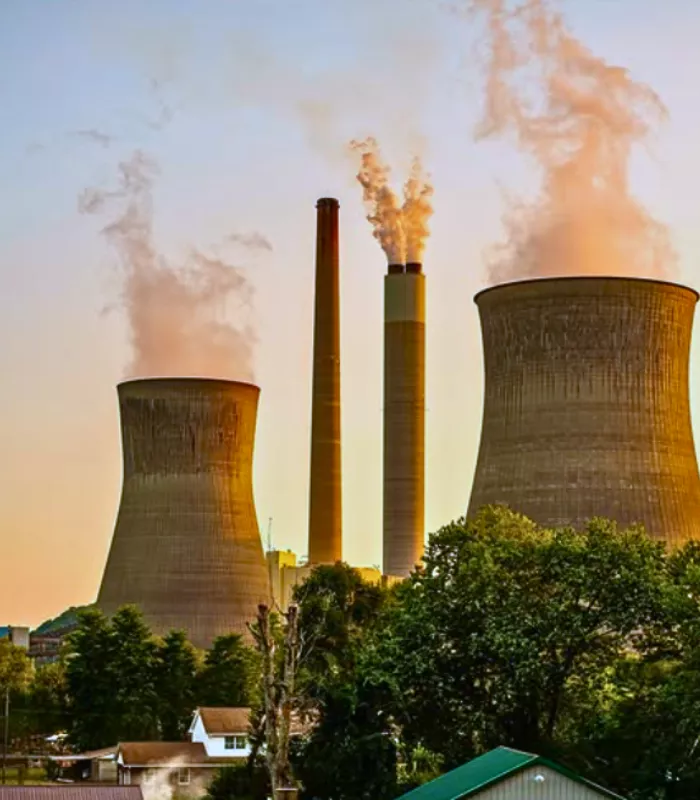
Nitro has a history tied to explosive manufacturing, which is interesting but also marked by pollution and environmental concerns. The town has a small population, which limits social and cultural activities for retirees.
The town lacks modern healthcare facilities, and seniors often need to rely on services in nearby towns. The public transportation system is inadequate, making it difficult for those who don’t drive.
Due to its industrial past, Nitro struggles with air quality and environmental clean-up issues.
Why it’s not ideal for retirees: Poor air quality and limited healthcare and social options are significant concerns.
14. Moundsville, West Virginia
Moundsville features a historic Native American burial mound, but the town itself has limited economic growth and social activities. It has a high senior population, but the amenities to support them are lacking.
The town’s healthcare facilities are outdated, and access to specialized medical care is limited. Housing is affordable but often requires updates and maintenance.
There are few cultural or recreational activities, which can lead to a sedentary lifestyle for retirees.
Why it’s not ideal for retirees: Lack of economic growth and inadequate healthcare and social activities make it less appealing.
15. Martinsburg, West Virginia
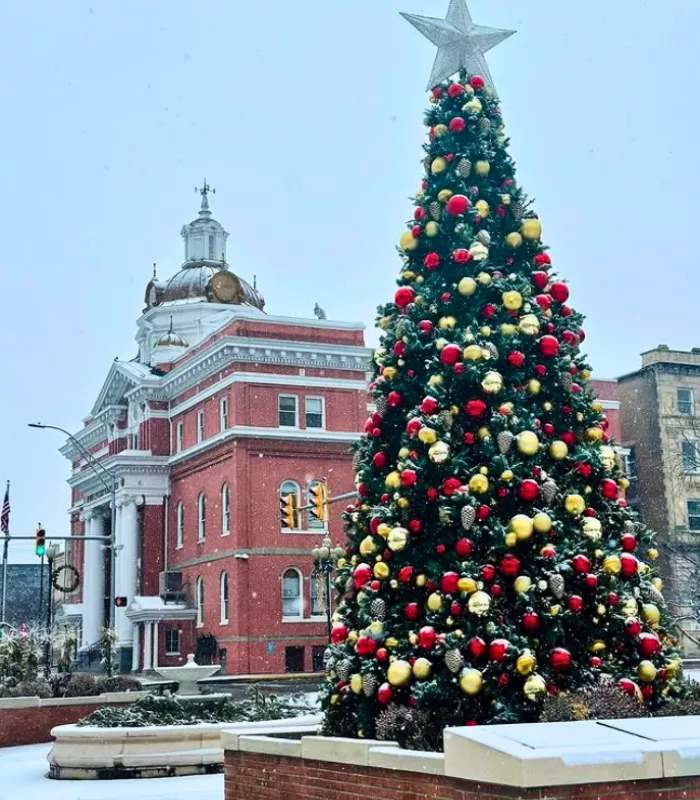
Martinsburg is closer to the Maryland border, offering access to larger cities but suffering from high living costs relative to other West Virginia towns. It has experienced economic instability, affecting local services.
The town has a higher crime rate compared to national averages, which can be concerning for those seeking a safe retirement environment.
Public transportation options are limited, complicating mobility for retirees who do not drive.
Why it’s not ideal for retirees: High cost of living and safety concerns are major detriments for retirees.
16. Oak Hill, West Virginia
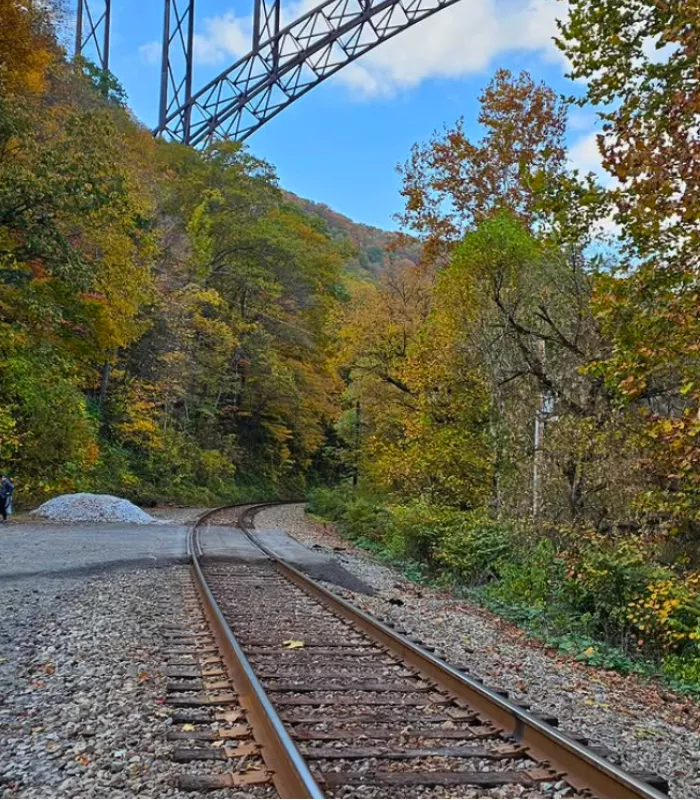
Oak Hill offers beautiful natural surroundings, but it is isolated and has limited access to essential services. The local economy is small, with few opportunities for entertainment or dining out.
Healthcare services are minimal, and seniors often need to travel significant distances for medical care. The town’s infrastructure is also in need of improvement.
The small community size can be appealing, but it also means fewer social opportunities for retirees.
Why it’s not ideal for retirees: Isolation and lack of services and healthcare make Oak Hill a challenging choice for retirees.
17. Ranson, West Virginia
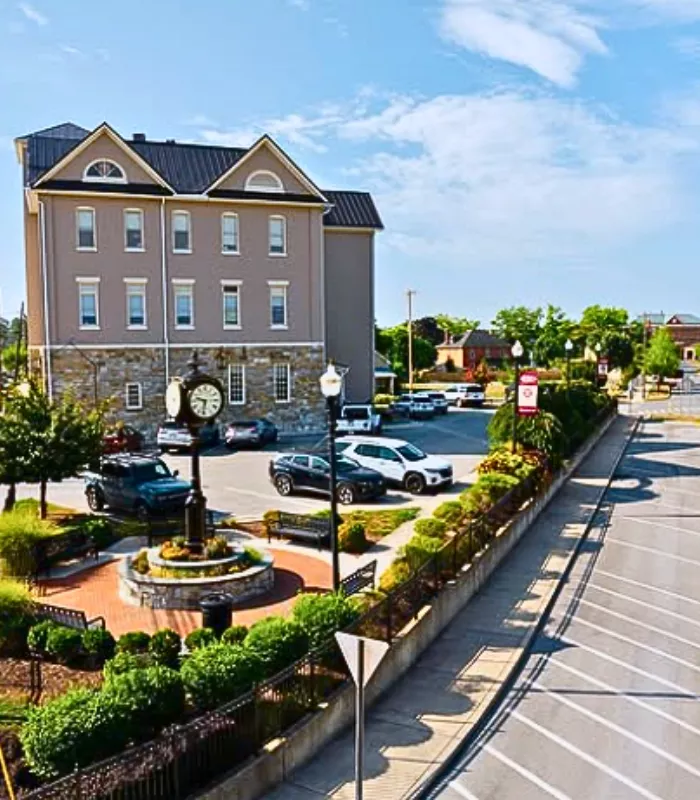
Ranson is a small town that has tried to modernize but still faces challenges like limited healthcare options and a lack of cultural activities. It is close to larger markets, yet the local economy does not fully benefit retirees.
The town has some newer developments, but the costs associated with these can be high for retirees on fixed incomes. Public services are stretched thin, affecting overall quality of life.
Recreational opportunities are few, and community engagement activities for seniors are limited.
Why it’s not ideal for retirees: High living costs and limited healthcare and recreational options.
18. Bridgeport, West Virginia
Bridgeport is known for its high standard of living, but this comes at a cost, making it one of the more expensive towns in West Virginia. While it offers good healthcare, the costs associated with care and living can be prohibitive.
The town is more suitable for families and working professionals, with fewer amenities tailored to retirees. The pace of life might be too fast for those looking for a tranquil retirement.
While it has a robust economy, the focus is not on senior living, which limits the appeal for retirees.
Why it’s not ideal for retirees: High costs and a focus on families and professionals over retirees.
19. Vienna, West Virginia
Vienna offers easy access to the Ohio River and its scenic parks, but the town has a high cost of living and property taxes, which can strain retirees’ budgets. The community is active, but mostly caters to families and younger residents.
Healthcare facilities are adequate but can be expensive, especially for specialized care. Public transportation is limited, affecting those who rely on it for independence.
The town’s focus on commercial development has overshadowed the need for senior services and amenities.
Why it’s not ideal for retirees: High living costs and a lack of senior-focused amenities make Vienna less desirable for retirees.
20. Buckhannon, West Virginia
Buckhannon is a charming small town with a community-focused atmosphere, but it lacks the infrastructure and services needed by retirees. The local economy is primarily driven by small businesses, which does not provide much in the way of healthcare or entertainment.
The town has limited medical facilities, and those available are not equipped to handle serious health issues, requiring travel to larger cities for care.
While Buckhannon is friendly and picturesque, the lack of amenities and healthcare options makes it a less favorable choice for retirees.
Why it’s not ideal for retirees: Inadequate healthcare and limited amenities are major issues for retirees in Buckhannon.
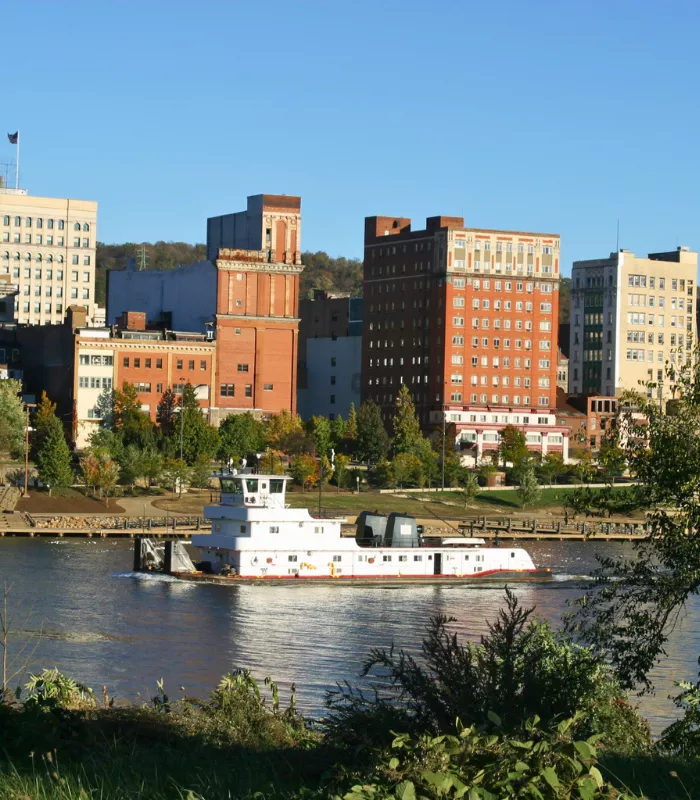

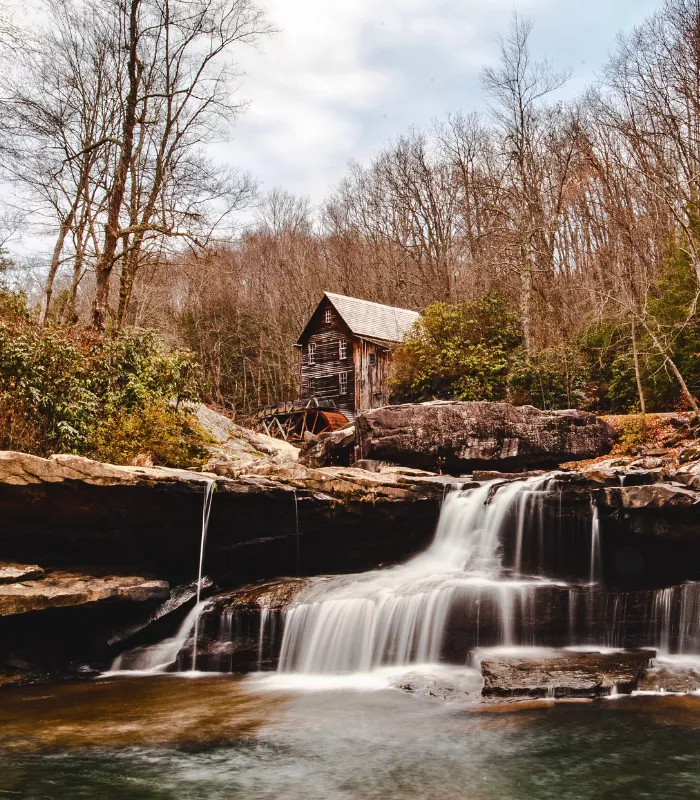
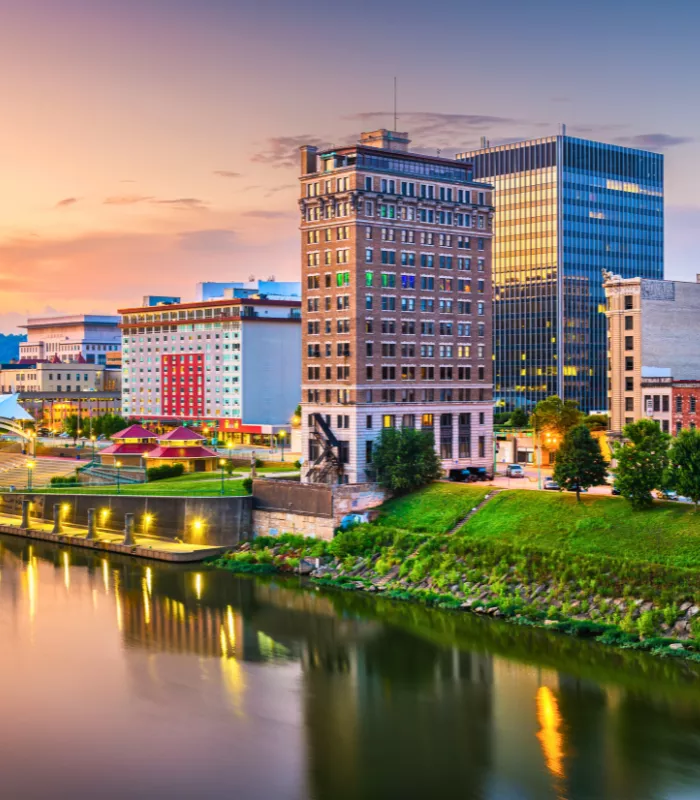
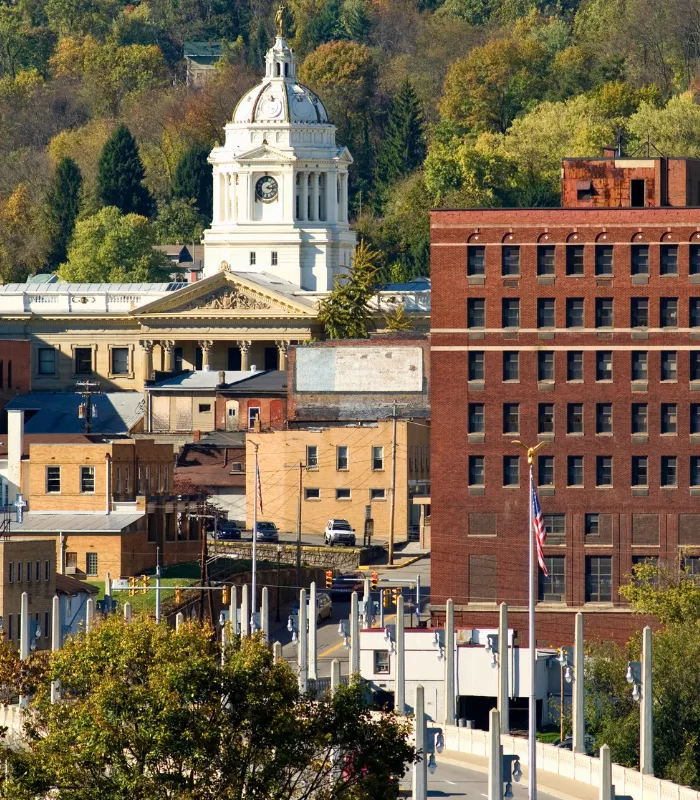
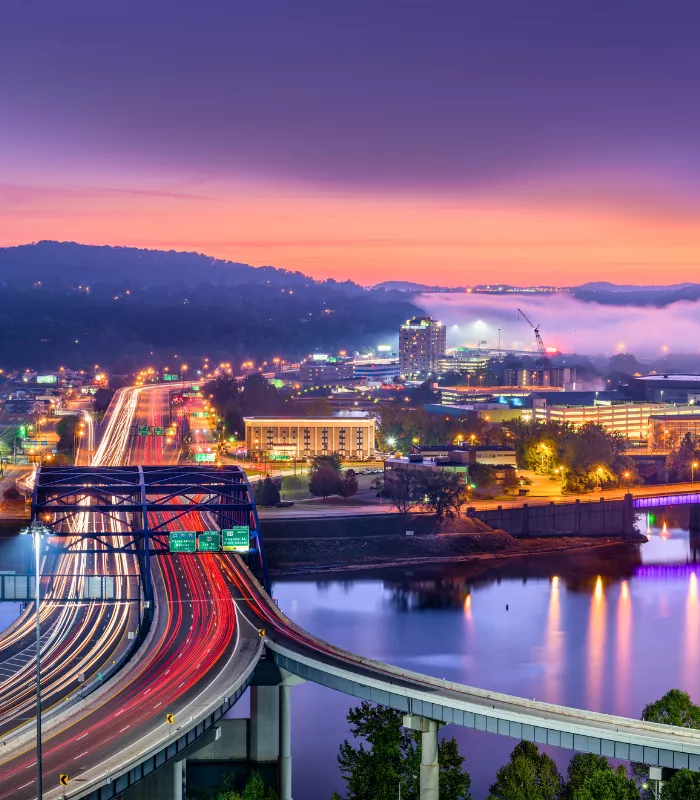
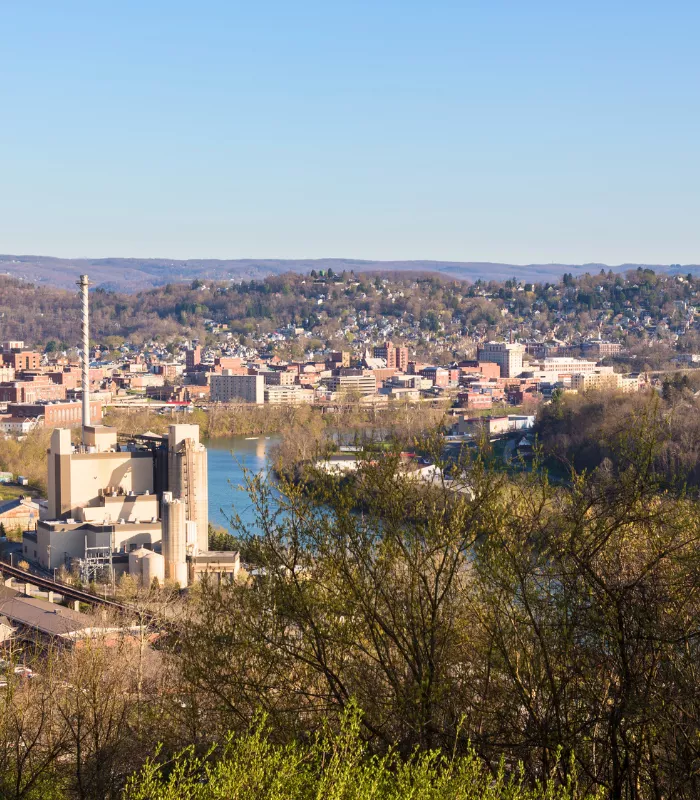
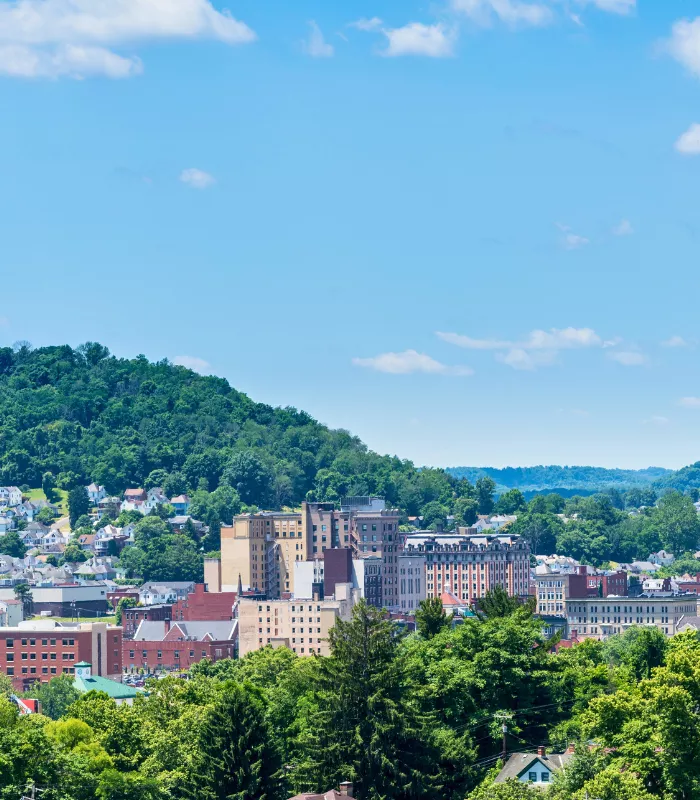
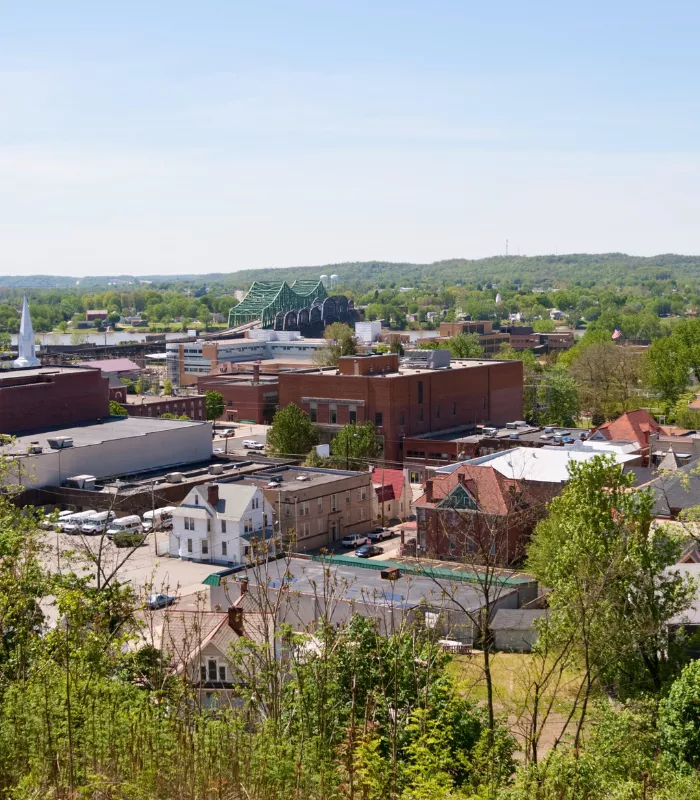
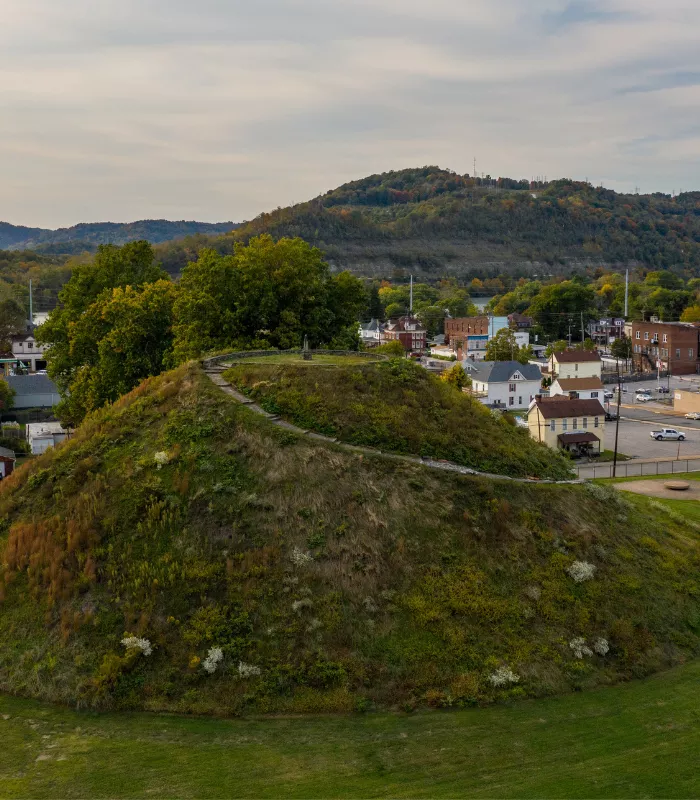
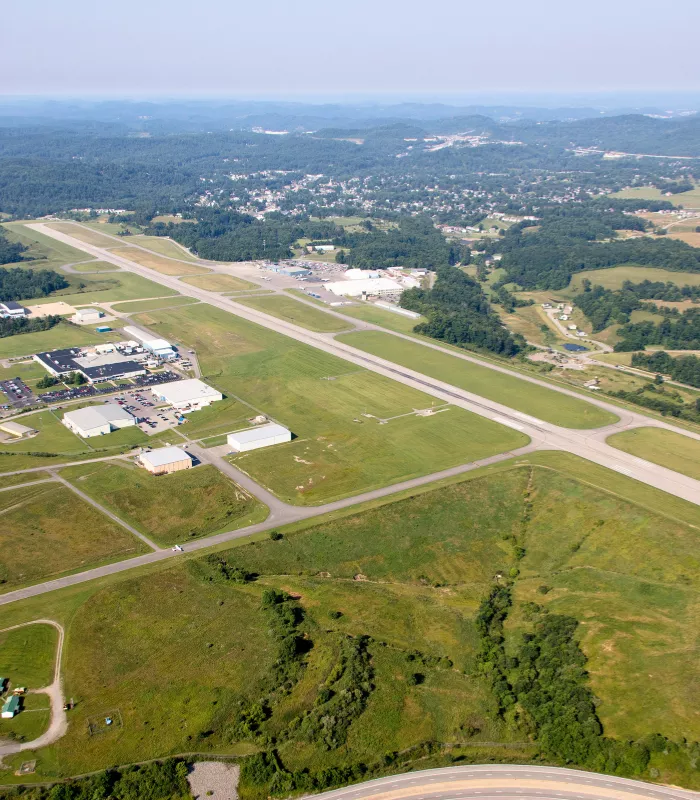

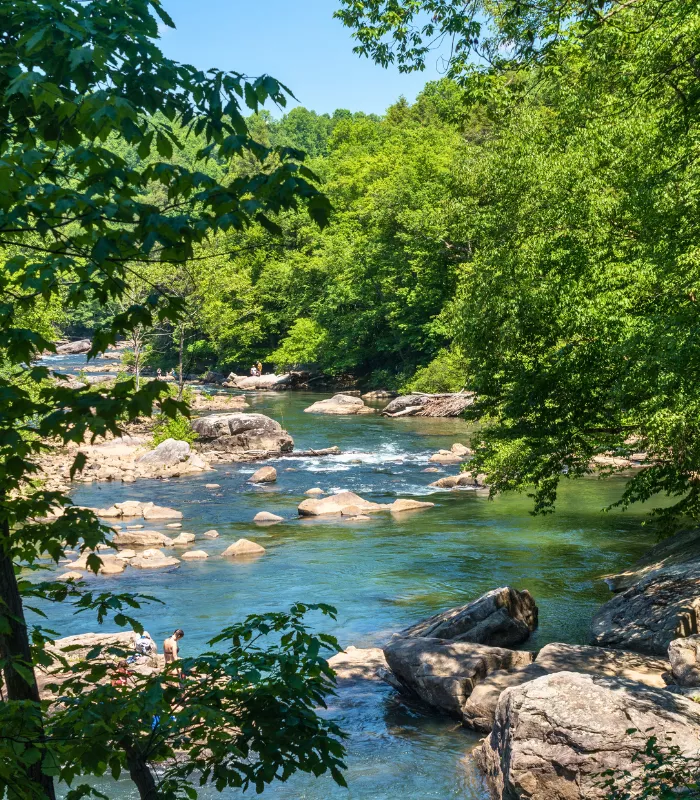
Why do you find 20 of the worst towns for retirees. Why can’t you find 20 of the best towns
it’s coming up next 🙂
Was there any towns left???